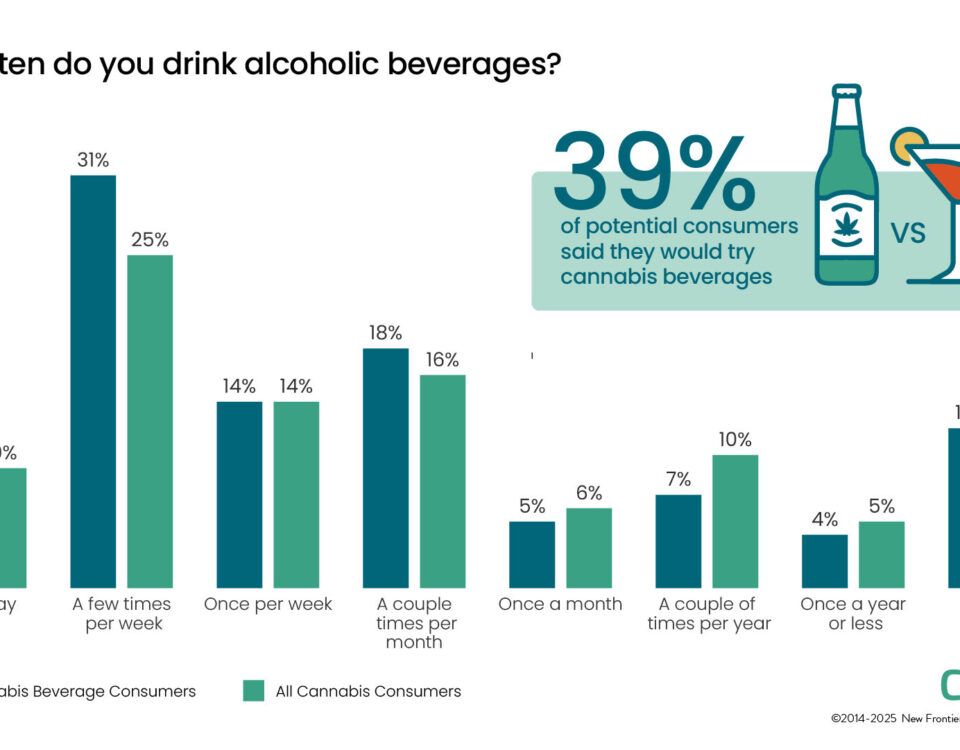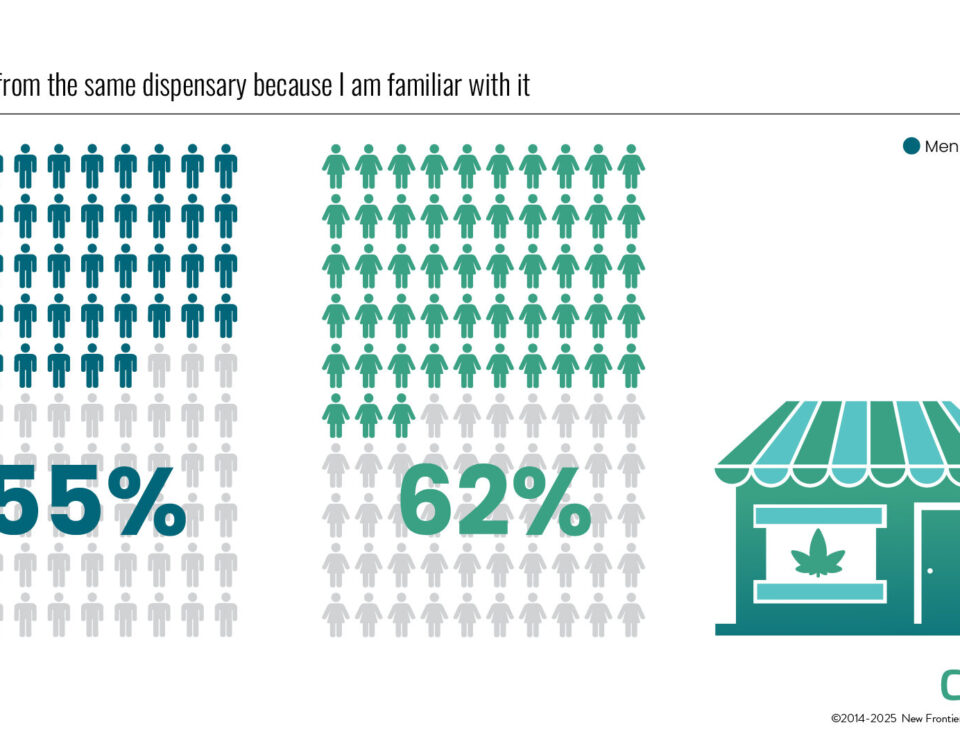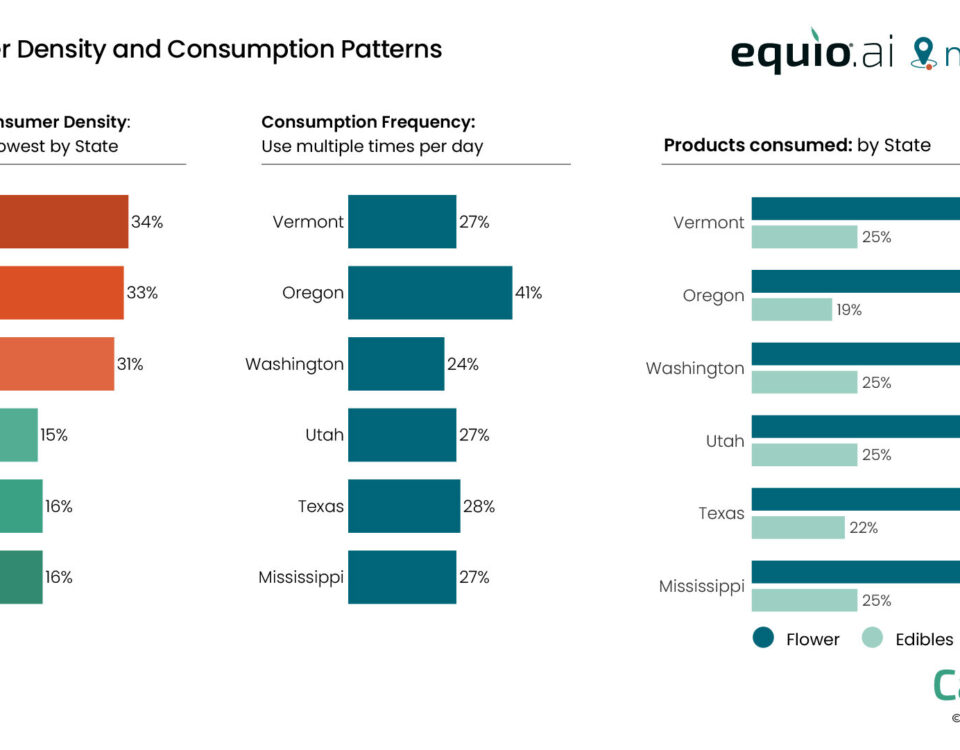Cannabis’ Year in Review: 2018

Sessions’ Rescinding of the Cole Memo to have Chilling Effect on Cannabis Public Markets
January 4, 2018
2017 CannaBit Highlights
January 7, 2018By Hoban Law Group attorneys Garrett Graff and Darren Kaplan
2018 was a seminal year for legal cannabis, perhaps for the industry at large.
The industry saw many records broken, if not shattered. Revenue generated from legal cannabis set an all-time high. Public support and popularity in the United States grew to unprecedented levels. And – proof being in the proverbial pudding – more and more states and countries continue to legalize (or at least decriminalize) cannabis, pushing the number of legal states and countries beyond ever before. The industry even saw a formerly absolutist anti-marijuana Speaker of the House go “all-in” on cannabis after retiring from politics, and a similarly staunch oppositionist U.S. Attorney General unable to effect substantive change in federal policy before being forced from his role. No one ever expected the cannabis industry to lack excitement or surprises.
New Programs
In October, Canada’s federal legalization of its nationwide adult-use market monopolized headlines as the industry’s story of the year.
After years of anticipation, January saw California launch its statewide medical and adult-use regulatory programs. Given its powerful economy and progressive reputation, California is establishing its place as an industry leader, with market analysts predicting the state to see annual sales of $7.7 billion by 2022. Other states (and perhaps the federal government), may see California’s legalization as an unavoidable harbinger of broader policy change. Between Canada, California, and Michigan (which in November legalized an adult-use program), analysts predict those three markets alone to be worth more than $14.5 billion by 2022.
Other countries and U.S. states repealed prohibition in some measures this year. Along with Michigan’s voters, Utah and Missouri residents flocked to November’s polls to approve medical cannabis. With an added twist, Vermont became the first state to approve adult-use cannabis through its legislative process, rather than through a ballot initiative.
Internationally, both the United Kingdom and South Korea legalized medical cannabis; Mexico began a process to legalize cannabis for adult use, and South Africa’s highest court declared it unconstitutional to criminalize possession of cannabis. Similarly, the World Health Organization decided to critically review its stance toward cannabis and international law through the United Nations.
Industry Developments
The industry continues to see unprecedented investment, including joint ventures and acquisitions, particularly through Canadian-listed, publicly-traded companies – including the reportedly largest cannabis-related acquisition ever. Noting diminishing sales in traditional categories, numerous household names in alcohol (Constellation Brands), tobacco (Altria) and beverage industries (Coca-Cola) either launched into the cannabis industry or considered the idea rather publicly.
However, state and local authorities continue to struggle with regulations regarding social consumption and delivery. In January, then-Attorney General Jeff Sessions rescinded the Cole Memorandum, stirring fears amid the industry though little changed in practice. And despite the DEA’s requesting more applications for suppliers of marijuana for scientific purposes in 2016, little progress by the DEA has been detected in more than two years. More aggressively, U.S. Customs and Border Protection took very public steps in issuing lifetime bans to travelers to the U.S. from Canada and other countries.
Looking Ahead
With a new year and era dawning upon us, the worldwide cannabis market industry looks ambitious. American public opinion polls showed nearly 2/3 (66%) of Americans supported legalization, including majorities from both major political parties. Having both of its geographical neighbors adopt federal legalization, the U.S. will feel pressure to adapt. With a new attorney general to be confirmed and continued signs that federal opposition is softening, 2019 proffers possibilities for business maturation and expansion, along with further advancement of state and federal legalization agendas.
Garrett Graff is a Senior Attorney at Hoban Law Group, nationally recognized as a Cannabis Law Trailblazer by National Law Journal. He specializes in representation of both the marijuana and industrial hemp industries. Garrett’s practice involves corporate and M&A, real estate, regulatory/compliance, FDA/FTC compliance, intellectual property protection, and civil and commercial litigation. Garrett regularly counsels clients regarding corporate formation and structuring, M&A and business and real property assets, various corporate agreements, regulatory compliance as well as resolving and/or litigating commercial disputes. He can be reached at garrett@nullhoban.law.
Darren Kaplan is an Associate Attorney at Hoban Law Group. He received his law degree from the University of Denver in May 2018 and recently passed the Colorado Bar Exam. Darren has worked on a wide variety of matters including litigation, regulatory compliance, applications, and business law, to name a few. He can be reached at darren.kaplan@nullhoban.law.




